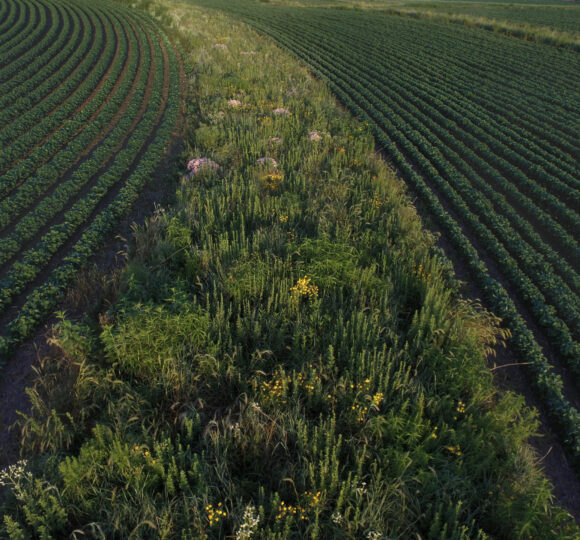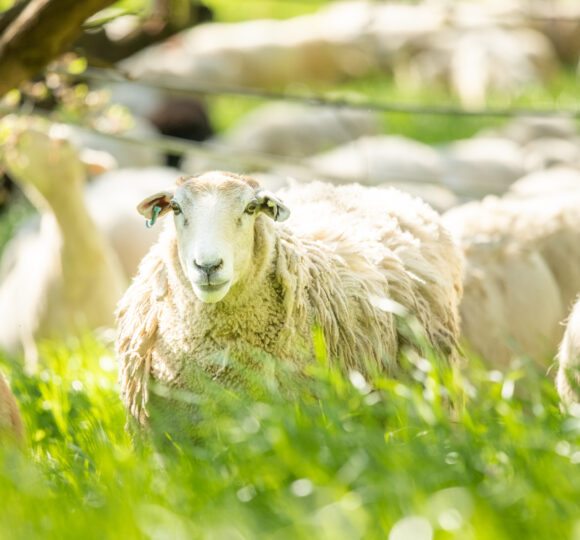Cattle ranching has throughout history been the heart and soul—and the economic mainstay—of the American West. Today, however, ranching in the Rocky Mountains is being transformed from a commercial activity into a lifestyle or pastime; a mere backdrop for outdoor recreation and the development that has followed it into the scenic valleys and foothills. Yet, cattle raising in the 32 counties comprising Colorado’s mountain region still contributes one-eighth of the state’s total agricultural output and employs one out of five agricultural workers in the state. And precisely because it is an activity that leaves the scenic landscape relatively untouched, the economic and social importance of ranching to the state, its people and its many visitors, goes well beyond the production of beef.
But this is all in jeopardy. In Colorado and elsewhere in the Rocky Mountain region, highly lucrative second homes, ski resorts and other recreational developments, and so-called “ranchettes” are competing for the land that traditionally has supported commercial ranching. The prices that developers and newcomers are willing to pay exceed the agricultural production value of the land by 30 to 100 times. This outcome is not merely a function of the free market at work. Powerful demographic forces and rising public demand for recreation underlie the region’s transformation. Yet government policy decisions have a pervasive influence on the market for land, and thereby also contribute to the proliferation of rural sprawl and to the decline of commercial ranching.
This conclusion is based on a study of policies affecting land use patterns in two fairly typical Colorado counties, Routt and Gunnison, conducted by Colorado State University economists.





